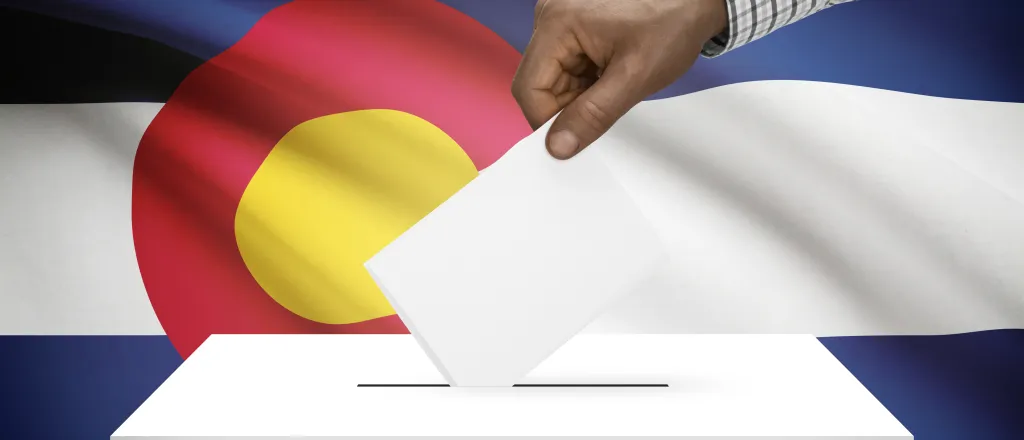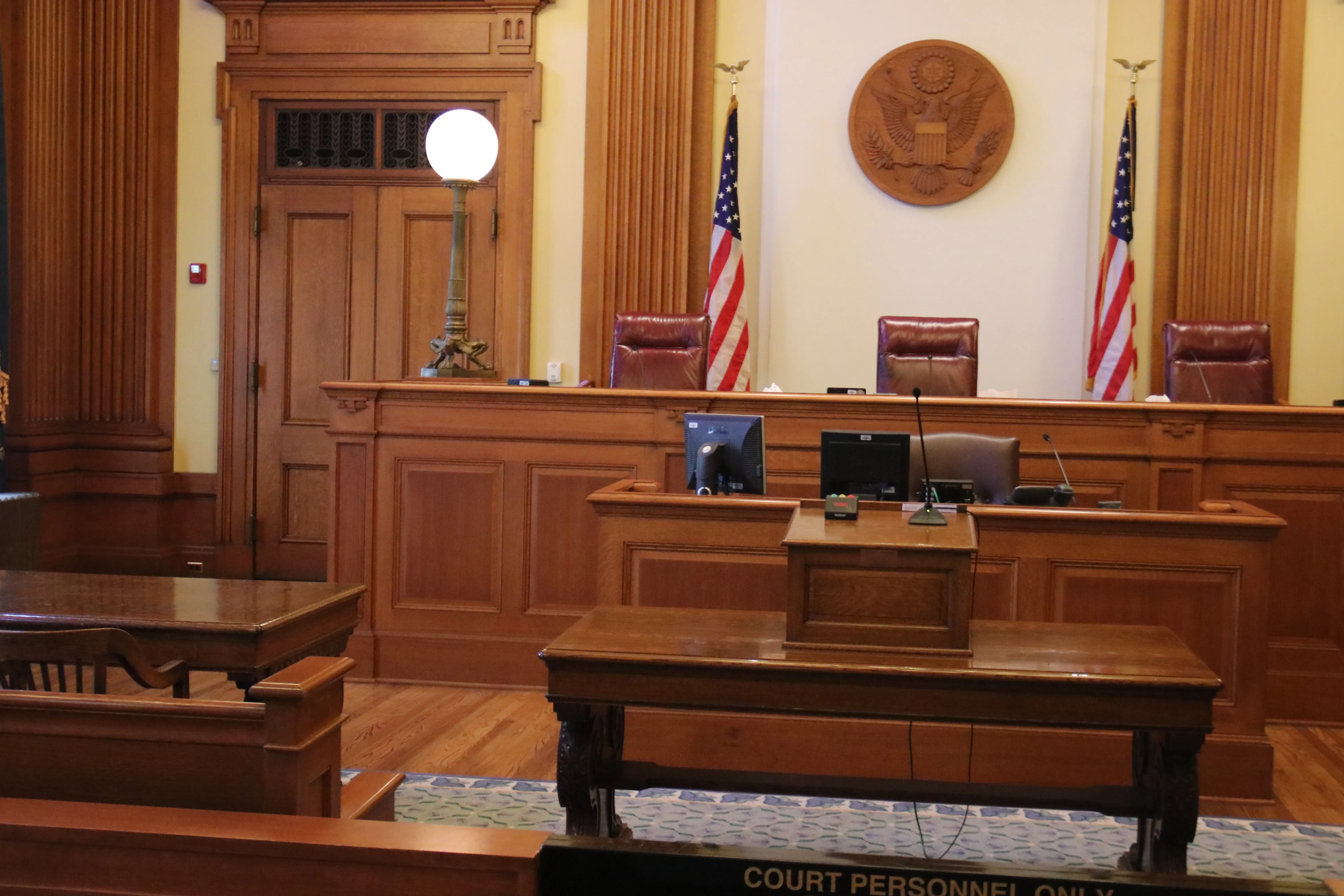
Proposal to shift control of 'custodial funds' leads Colorado ballot questions
(The Center Square) – Coloradans will get the chance to vote on three statewide measures this November that could impact the state’s budget and tax policy.
Under state law, ballots during odd-year elections can only contain measures relating to the Taxpayer's Bill of Rights (TABOR), such as tax increases.
The state's top policy think tanks have weighed in on the ballot questions, with the left-leaning Bell Policy Center opposing a pair of the measures and the right-leaning Independence Institute supporting them, while both are neutral on a third measure.
Here's what the measures are and what the two think tanks are saying about them.
Amendment 78: Transparency of “custodial funds”
Amendment 78 would amend the state constitution to give the Legislature control of the state's “custodial funds” – revenue the state collects without levying taxes – rather than the state treasurer.
It would also create the Custodial Fund Transparency Account within the Department of the Treasury that would be responsible for ensuring the funds are distributed throughout the state.
The measure is backed by conservative advocacy groups Colorado Rising State Action and Unite for Colorado.
The Bell Policy Center opposes the measure, saying it will create an “overly simplistic solution that could hinder efficient and timely use of funds, risks over-politicization of ongoing state activities, and reduces the influence of technical experts,” according to the organization’s ballot guide.
The center is involved with a lawsuit filed last month alleging the amendment was improperly certified by the Secretary of State's Office.
The Independence Institute supports the measure, saying in its ballot guide that it would “mandate transparency and accountability to the distribution of funds (currently known as “custodial funds”) that are paid to state government officers and agencies, outside of the state budget.”
Proposition 119: Learning Enrichment and Academic Progress (LEAP) program
Proposition 119 would create the Learning Enrichment and Academic Progress (LEAP) program to provide Colorado children between the ages of five and 17 with afterschool and out-of-school services to address learning loss from the pandemic. The program would be funded by an incremental 5% increase to the state’s retail marijuana sales tax. The funds would be considered a voter-approved revenue increase subject to TABOR limitations.
The measure is supported by a bipartisan coalition of state lawmakers including state Sens. James Coleman, D-Denver, and Kevin Priola, R-Henderson, and Reps. Tim Geitner, R-Falcon, and Matt Soper, R-Delta, according to Ballotpedia.
Both the Independence Institute and the Bell Policy Center are neutral on Proposition 119.
The Independence Institute says it welcomes the move toward parental empowerment in education that is contained in the proposal, but the organization is “concerned about new taxes and have some questions about the way in which this new program would be governed and administered by the state.”
The Bell Policy Center applauded the proposition's aim to address achievement gaps for students, but the organization worries that “relying on excise taxes avoids the major systemic funding issues we need to address as a state.”
Proposition 120: Property tax assessment rate reduction
Proposition 120 would reduce the property tax assessment rate for single-unit homes from 7.15% to 6.5% and the rate for multi-unit and commercial real estate from 29% to 26.4% beginning on January 1, 2022.
During the 2021 legislative session, state lawmakers passed a bill that made similar cuts to property tax assessment rates and created several new subclasses of nonresidential property. However, Senate Bill 293 only cut the residential tax rate from 7.15% to 6.95%.
Michael Fields, executive director for Colorado Rising State Action, which is behind the measure, criticized the legislation introduction as an “unprecedented” step to “thwart the citizen-led initiative process.”
An issue committee named Cut Property Taxes is registered in support of the measure. The Colorado Education Association opposes it.
The Bell Policy Center opposes Proposition 120 and describes it as a “short-term relief for some homeowners, but the long-term costs will disproportionately harm low- and middle-income communities and communities of color.”
The Independence Institute supports the measure, saying it provides much-needed relief for homeowners while “Coloradans and policymakers work to find a new long-term protection for homeowners to replace [the Gallagher Amendment].”
















